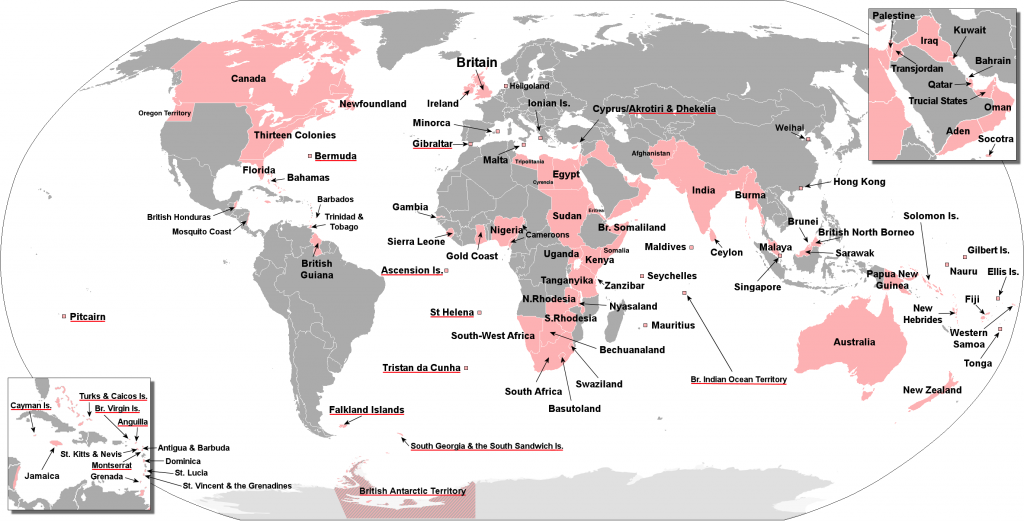Present:
I work = I work hard all day
Past:
I worked = I worked hard all last year.
Future:
I will work = I will work hard after I have finished my exams.
Present Continuous or Present Progressive: (made with the verb TO BE)
I am working = I am working at the moment on a nuclear project.
Present Perfect: (made by using the vern TO HAVE; this tense indicates a mixture of the past and the present)
I have worked = I have worked hard all my life.
Past Perfect: (a sense of something that is now in the past, but no longer exists)
I had worked = I had worked hard all my life until I retired.
Future Perfect: (a sense of something that lies in the future, but that also has roots in the past and present, always used with the main verb in the past participle – worked)
I will have worked = I will have worked hard all my life even when I am too old to work . . . because I love work!
Present Perfect Continuous (use of the verbs To HAVE and TO BE plus the main verb. A sense of the present, past and future in a continuous manner):
I have been working = I have been working for a considerable time on this project.
Past Perfect Continuous (something that was continuous, but which had to stop)
I had been working for months on the project, but last year I was forced to retire from it!
Future Perfect Continuous (the same as the Future Perfect, but with a continuous sense):
I will have been working on this project for twenty years by this time next year.
(a sense of someone looking back over the last 19 years, while still working, and looking forward to another year’s work, after which the 20 years will be completed)
SPECIAL NOTE: The Conditional tense is made by adding the word would:-
I would work all the time if I had a job.
I would be working if only I could find a job
I would have been working hard all day if I had not been so lazy!
I would have worked very well as a public relations officer.
ETC.
Another special note:- The –ing suffix indicates the Present Participle of the verb: working. The –ed suffix indicates the Past Participle of the verb: worked.
Transitive: Transitive verbs are those which require to be followed by a direct object: example:- These verbs are bloody difficult. You could not say ‘these verbs are’
The direct object is ‘bloody difficult’.




